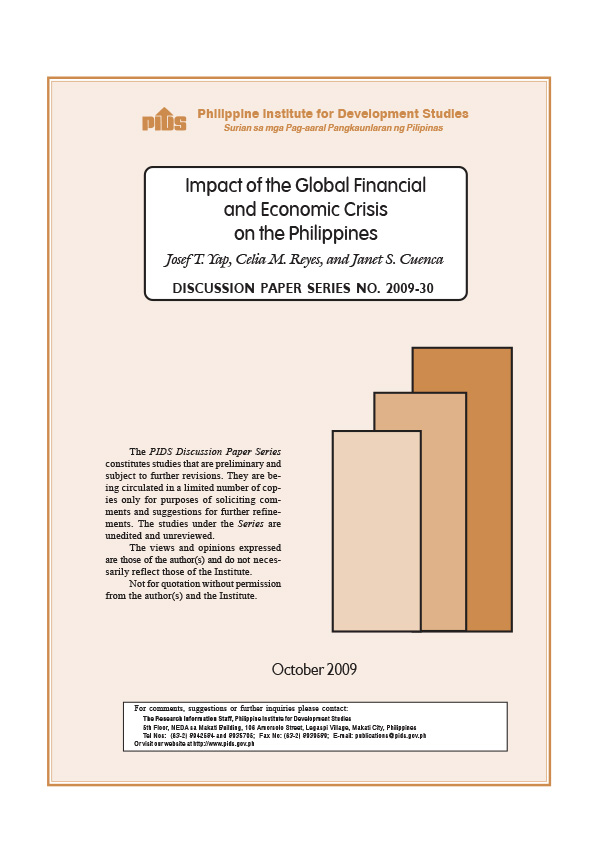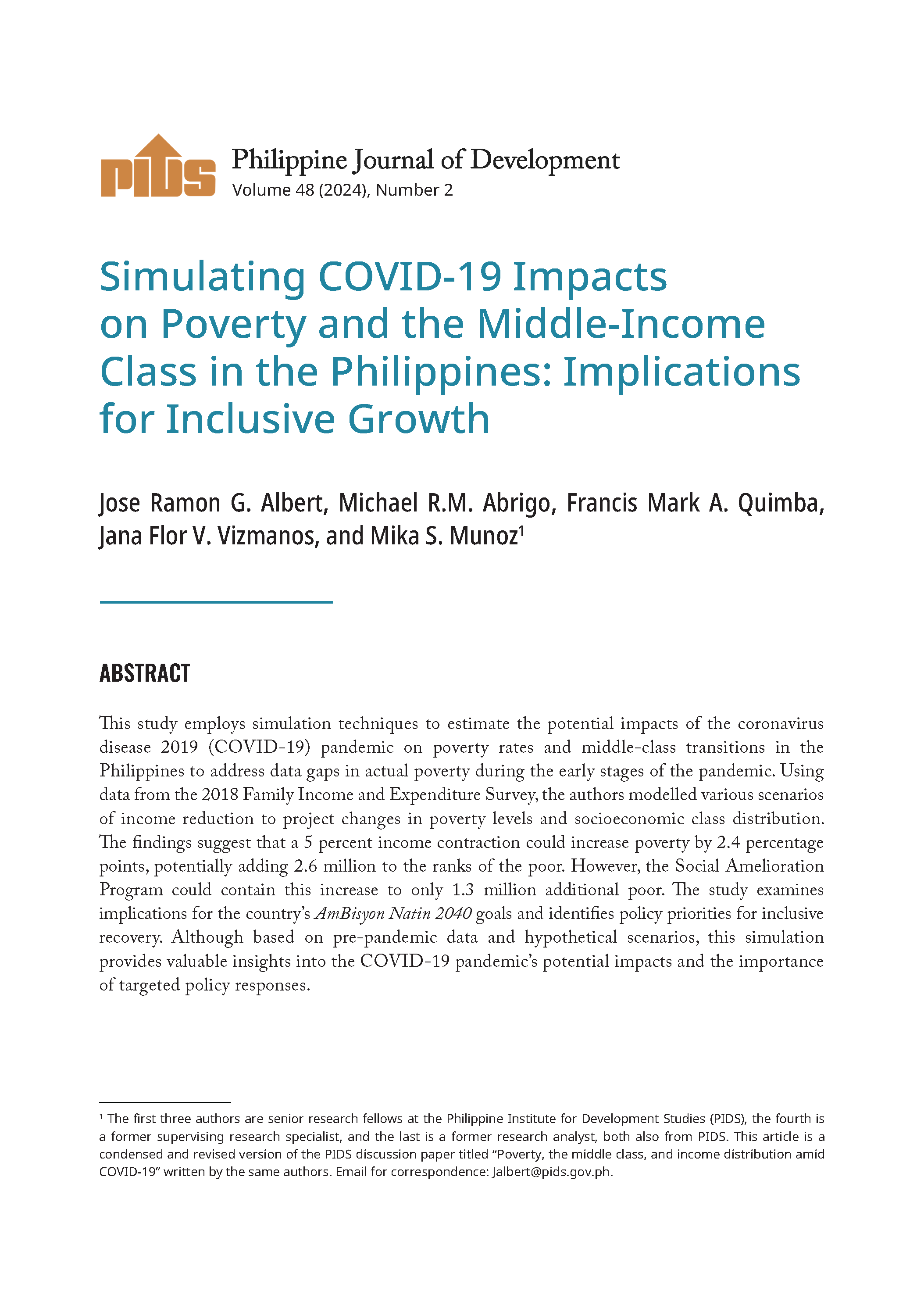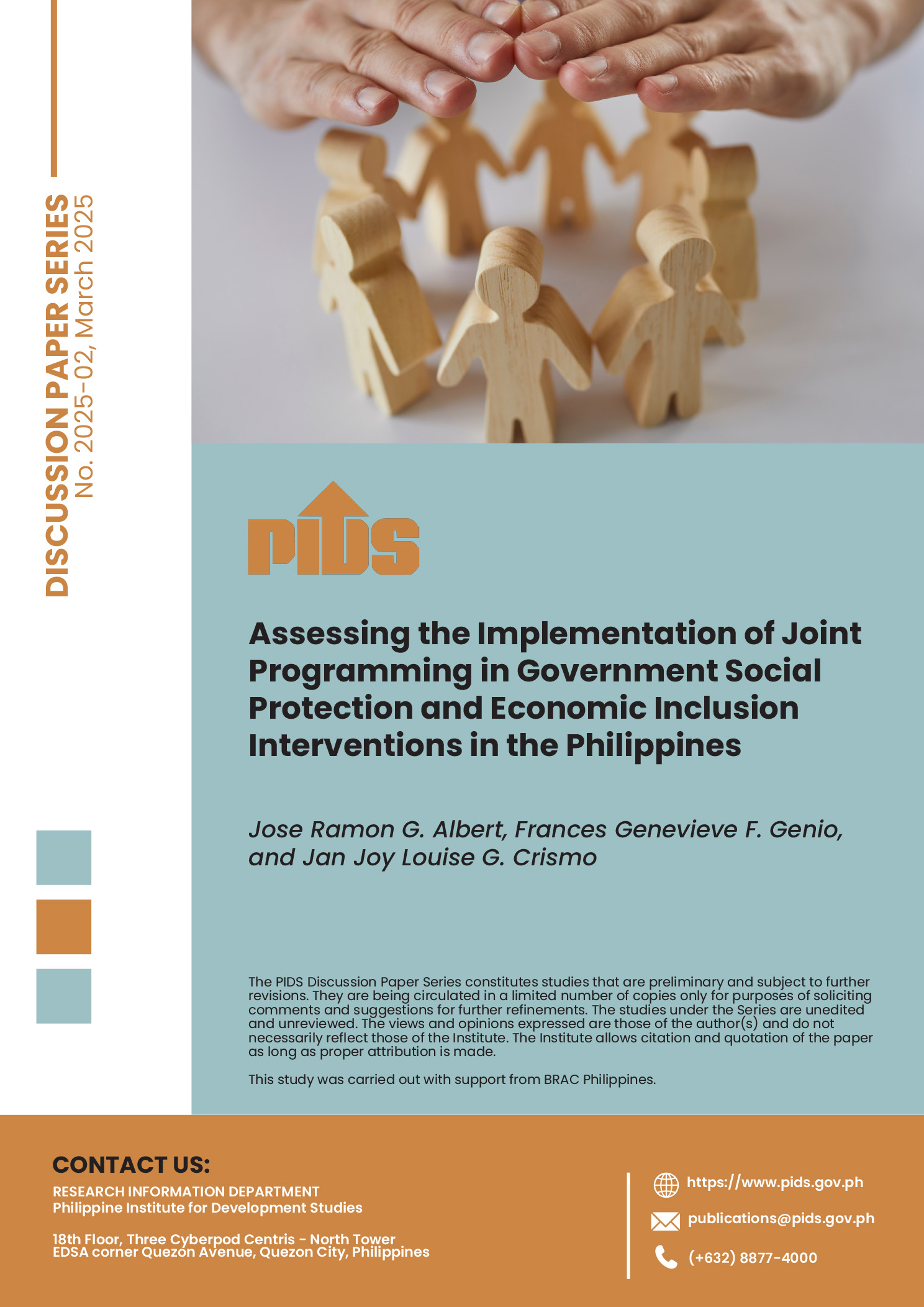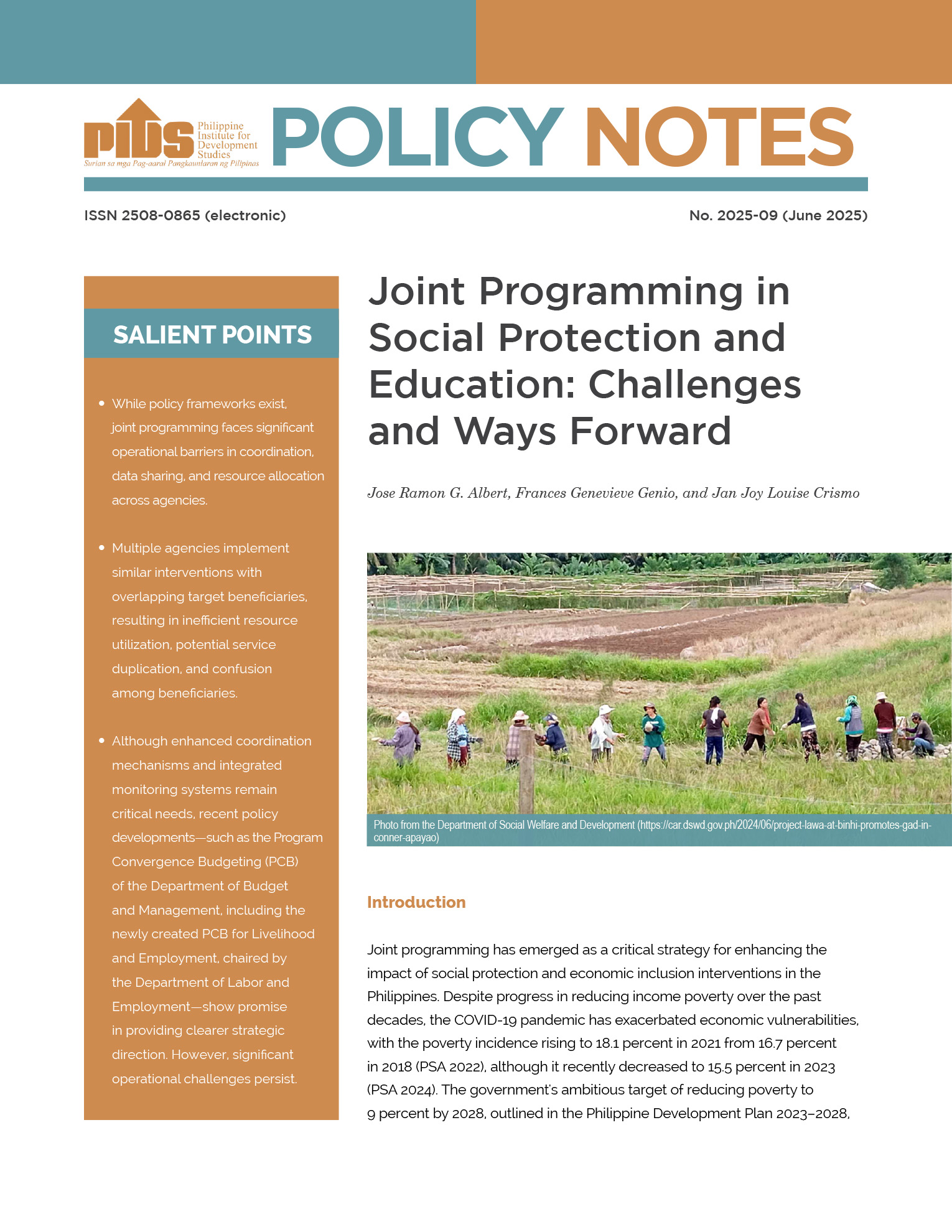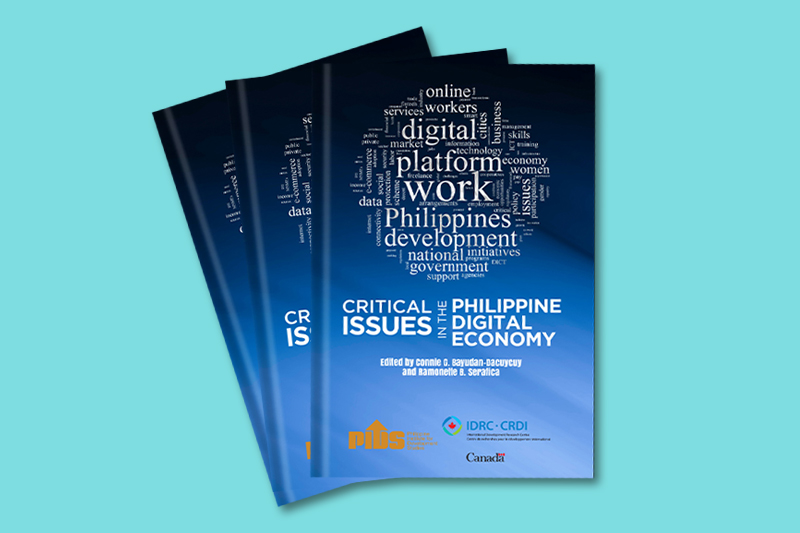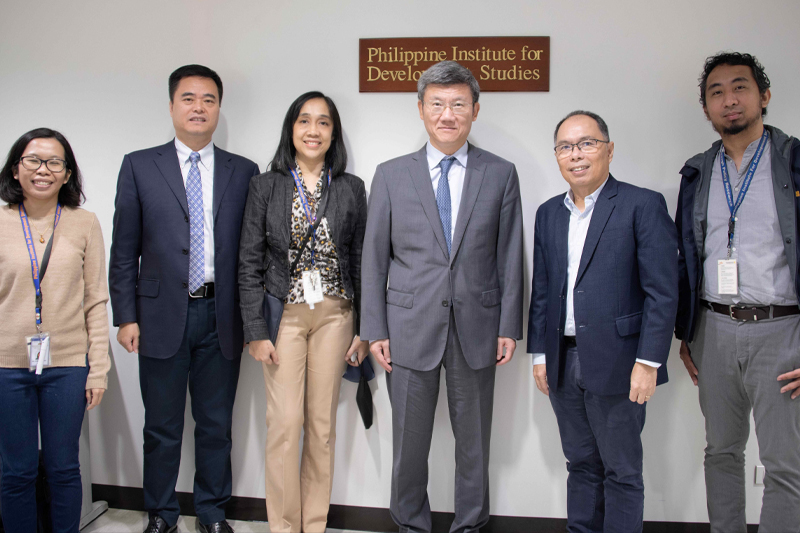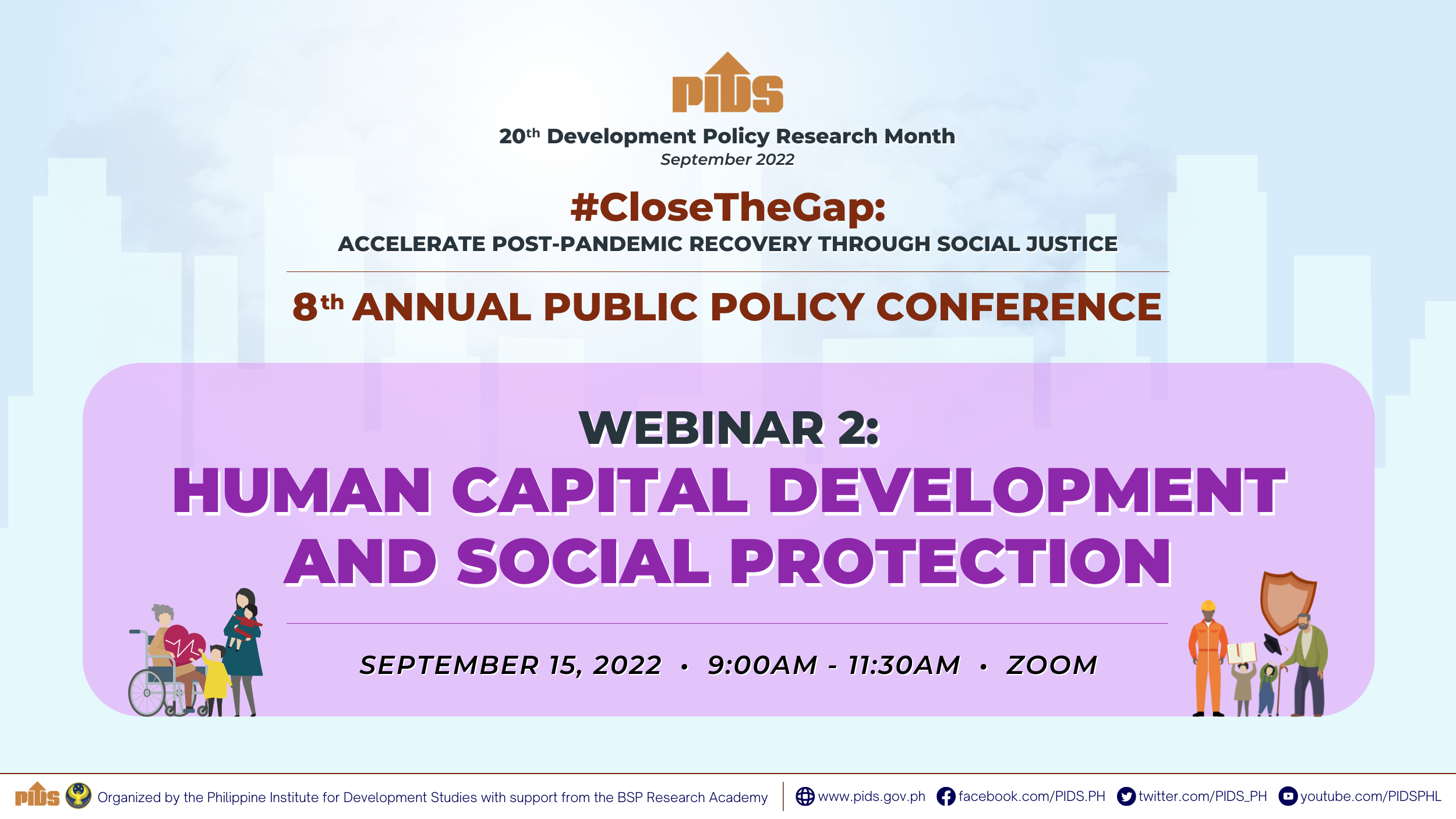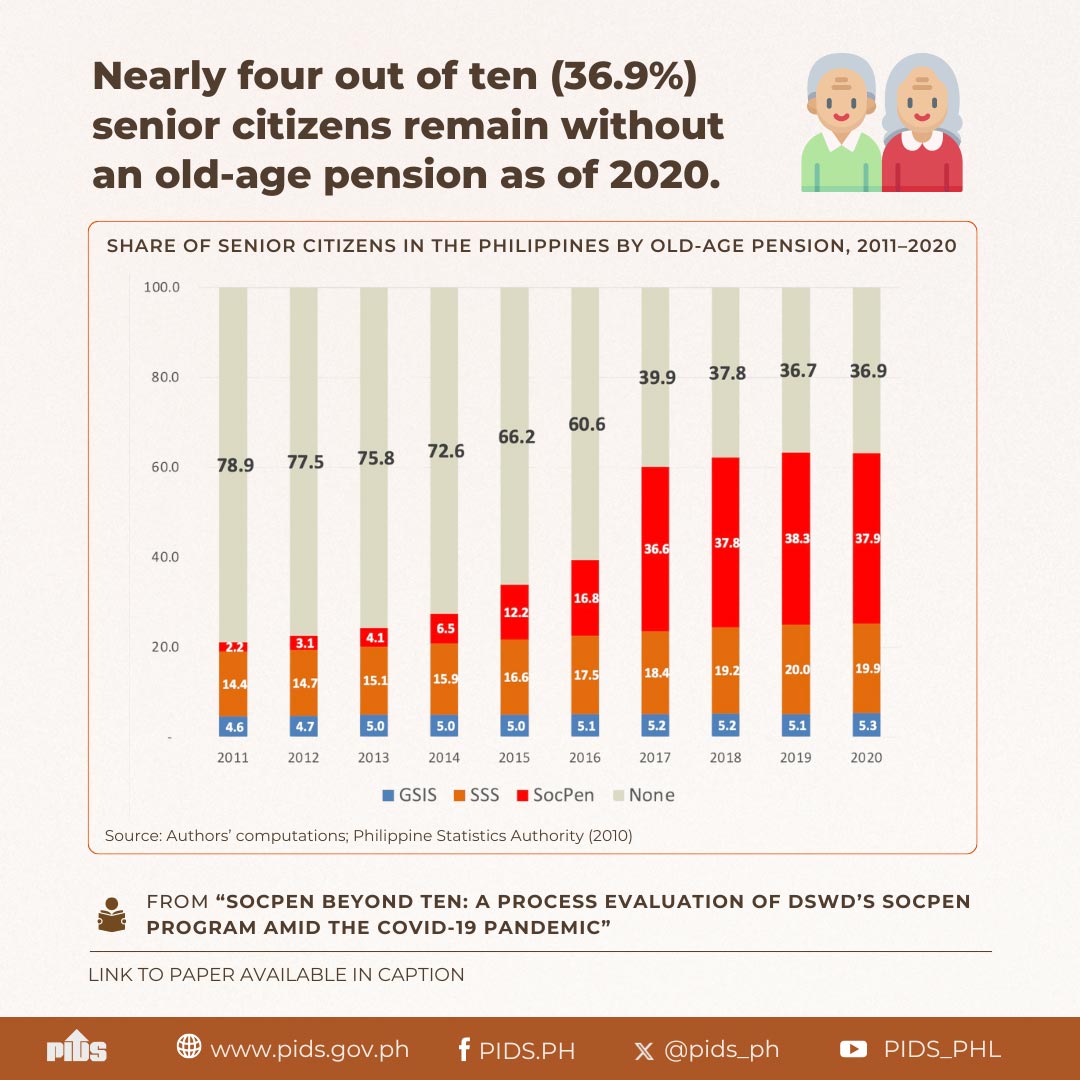The 2008 global economic and financial crisis spawned a synchronized recession among industrialized countries leading to a contraction in world trade. Exports from developing countries fell sharply dragging many of them into the global economic downturn. The Philippines was not spared the fallout from the crisis as GDP growth decelerated considerably in the fourth quarter of 2008 and first half of 2009. Asset prices experienced volatility but unlike the 1997 East Asian crisis, the financial sector remained fairly stable. Unemployment increased moderately, but was more pronounced in the manufacturing sector which felt the brunt of the slowdown mainly through the export channel. Remittances from overseas Filipino workers continued to grow, however, albeit at a lower rate. Foreign exchange reserves therefore maintained an upward trend despite the fall in exports and larger capital outflows. A cause of concern is the widening fiscal deficit, which is largely due to the need to increase government expenditures to offset lower consumption, investment, and exports. The Economic Resiliency Plan is a key component of the government's response to the crisis and 2009 first half data indicate modest success. However, another factor behind the wider fiscal deficit is the weak tax effort and if this persists, the resources to finance achievement of the Millennium Development Goals will likely be reduced. Thus, even if preliminary survey data derived from the Community-based Monitoring System indicate a moderate adverse effect on the income and employment of lower income households, lower economic growth and fiscal troubles imply that the government will not have enough resources to improve their situation in the medium term. This is definitely a problematic scenario given that the poverty situation in the Philippines deteriorated even when economic growth was relatively robust. To its credit, the government embarked on a campaign to increase and expand social protection in response to the deteriorating poverty situation. In the wake of the crisis, resources were increased and programs were improved. However, many social protection programs continue to be hindered by low coverage and inadequate benefits, poor targeting, and operational constraints due to lack of coordination among program implementers. This is a microcosm of the institutional problems that have constrained economic development in the Philippines over many decades.
Citations
This publication has been cited 14 times
- Balboa, Jenny D. and Melalyn C. Mantaring. 2011. The impact of the global financial crisis on the labor market: the case of the Philippines. Discussion Papers DP 2011-22. Philippine Institute for Development Studies.
- Balisacan, Arsenio et.al. 2010. The Philippine economy and poverty during the global economic crisis. Philippine Review of Economics, 47, no. 1, 1-37. University of the Philippines School of Economics and Philippine Economic Society.
- Balisacan, Arsenio M. et.al. 2010. The Philippine economy and poverty during the global economic crisis. UP School of Economics Discussion Papers 201008. University of the Philippines School of Economics.
- Graddy, Kathryn and Jonathan Hamilton. 2014. Auction house guarantees for works of art. ACEI Working Paper Series AWP-02-2014. Association for Cultural Economics International.
- Graddy, Kathryn and Jonathan Hamilton. 2014. Auction house guarantees for works of art. Working Papers 71. Brandeis University, Department of Economics and International Businesss School.
- H. Son, Hyun and Emmanuel A. San Andres. 2009. How has Asia fared in the global crisis? A tale of three countries: Republic of Korea, Philippines, and Thailand. ADB Economics Working Paper Series 174. Asian Development Bank.
- Haughton, Jonathan and Shahidur R. Khandker. 2014. The surprising effects of the great recession: Losers and winners in Thailand in 2008–09. World Development, 56(C), 77-92. Elsevier.
- Haughton, Jonathan and Shahidur R. Khandker. 2012. The surprising effects of the great recession : Losers and winners in Thailand in 2008-2009. Policy Research Working Paper Series 6255. The World Bank.
- Kathryn Graddy and Hamilton, Jonathan. 2014. Auction house guarantees for works of art. CEPR Discussion Papers 9996. C.E.P.R. Discussion Papers.
- Layug, Allan S. 2009. Triangulation framework for local service delivery. Discussion Papers DP 2009-37. Philippine Institute for Development Studies.
- Martinez, Arturo Jr. et.al. 2014. Is there income mobility in the Philippines?. Asian-Pacific Economic Literature 28(1), 96-115. Asia Pacific School of Economics and Government, The Australian National University.
- Menon, Nidhiya and Yana van der Meulen Rodgers. 2010. Impact of the 2008-2009 food, fuel, and financial crisis on the Philippine labor market. Working Papers 17. Brandeis University, Department of Economics and International Businesss School.
- van der Meulen Rodgers, Yana and Nidhiya Menon. 2011. impact of the 2008-2009 food, fuel, and financial crisis on the Philippine labor market. IZA Discussion Papers 6204. Institute of Labor Economics (IZA).
- van der Meulen Rodgers, Yana and Nidhiya Menon. 2012. Impact of the 2008–2009 twin economic crises on the Philippine labor market. World Development, 40, no. 11, 2318-2328. Elsevier.

